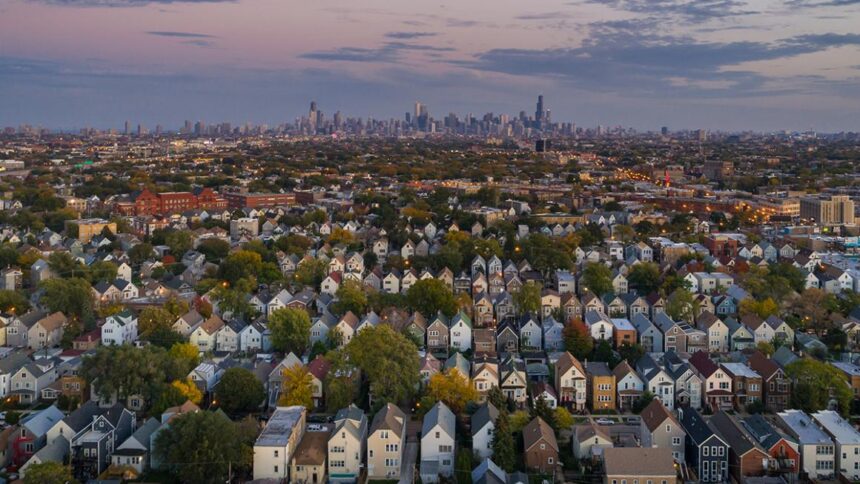A recent research study from Northwestern Medicine found that the life expectancy of Black people in highly segregated neighborhoods is significantly lower.
The study was published online in JAMA Health Forum.
People in highly segregated areas have an average life expectancy that is four years lower than those in less segregated predominantly white neighborhoods.
Residential segregation may contribute to racial health inequities, and this study quantifies this by identifying significant differences in life expectancy by neighborhood. Residents of more segregated neighborhoods were also found to have shorter life expectancies, lower incomes, and higher rates of unemployment. The social determinants of health include aspects such as these.
According to the research, the average life expectancy across all 63,694 census tracts (small, relatively permanent geographic entities within counties) in the United States was 78 years. Life expectancy was 75 years old on average in heavily Black areas with high racial segregation, compared to 79 years old on average in areas with low racial segregation.
The study found that compared to less segregated areas, more people in highly segregated areas had lower levels of education (81% versus 69%), were poorer (24% versus 11%), and were unemployed (16% versus 8%).
The results add to the growing body of evidence that residential segregation contributes to place-based disadvantage by reducing exposure to health-promoting factors (such as education, employment, and wealth) and possibly increasing exposure to health-harming factors (such as air pollution) in modern estimates of life expectancy.


